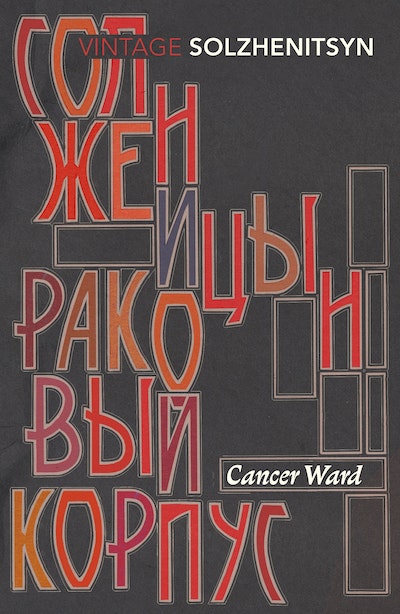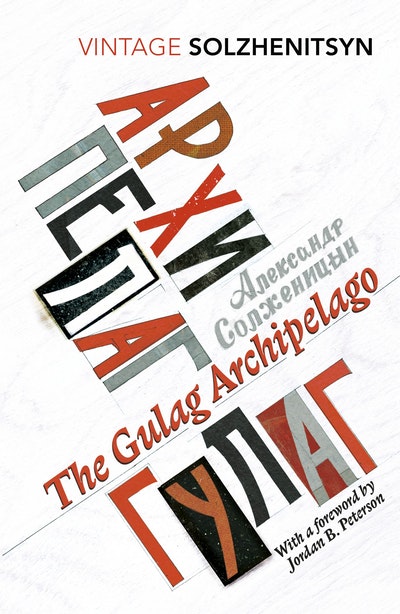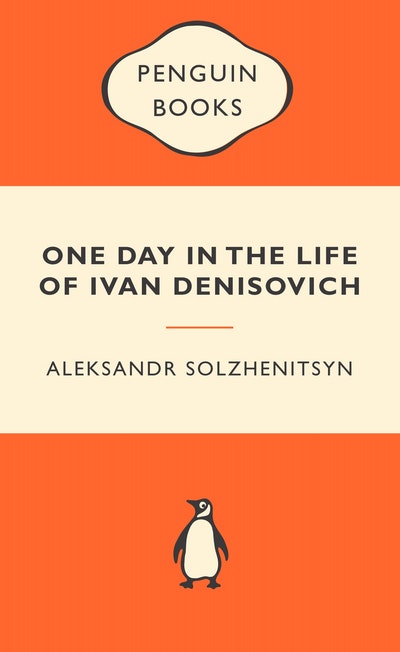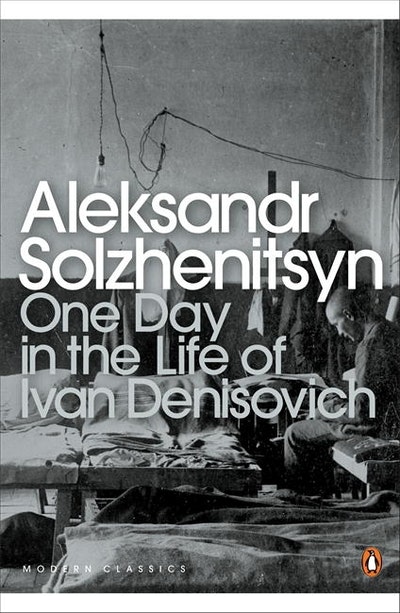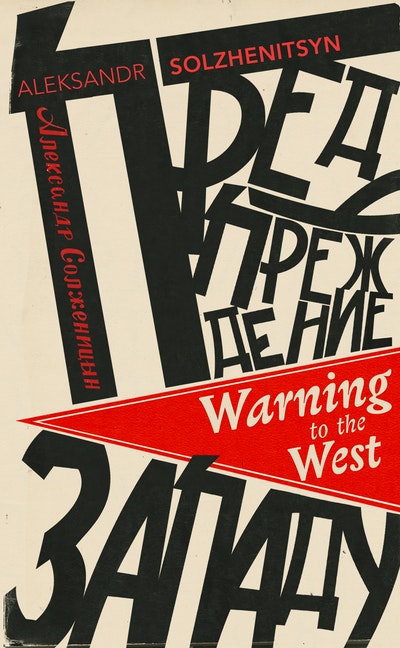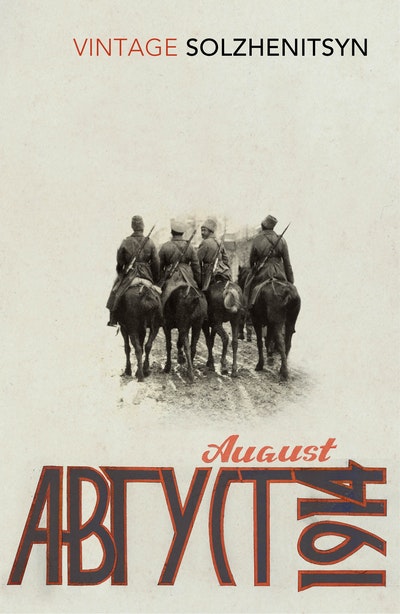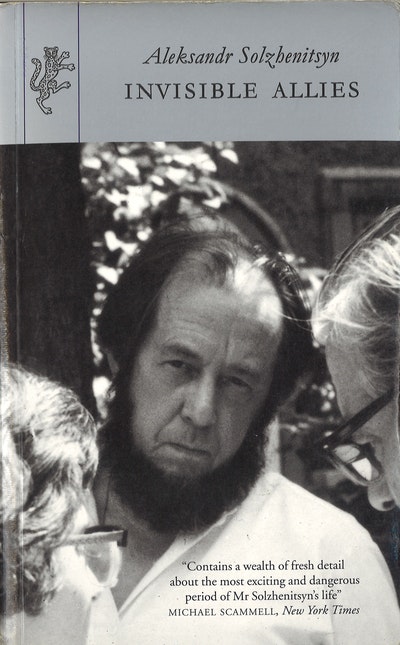- Published: 1 July 2003
- ISBN: 9780099575511
- Imprint: Vintage Classics
- Format: Paperback
- Pages: 576
- RRP: $27.99
Cancer Ward
- Published: 1 July 2003
- ISBN: 9780099575511
- Imprint: Vintage Classics
- Format: Paperback
- Pages: 576
- RRP: $27.99
Perhaps the most famous work of fiction dealing directly with the disease
Guardian
And what does Solzhenitsyn say about cancer? How does he reach me, in Australia, with his Russian book? He shows me something valuable that I discovered during my own medical treatment. The people who are involved in cancer -- the sufferer, the doctors, the nurses, the orderlies -- are often occupied less with the cancer than with each other. There are small societies of patients and medical workers in a hospital ward, and in those societies people share what they have: their love and resentment, their stories and observations.
Brenda Walker, The Australian
Solzhenitsyn was a great writer as the result of the collision of a particular personality and an awesome subject matter
Henry Porter, Observer
Solzhenitsyn is a man of genius…it is a privilege to be Solzhenitsyn’s contemporary
Observer
There has been no such analysis of the corrupting power of the police state in Soviet literature
Listener
He is one of the towering figures of the age, as writer, as moralist, as hero
Edward Cranshaw
